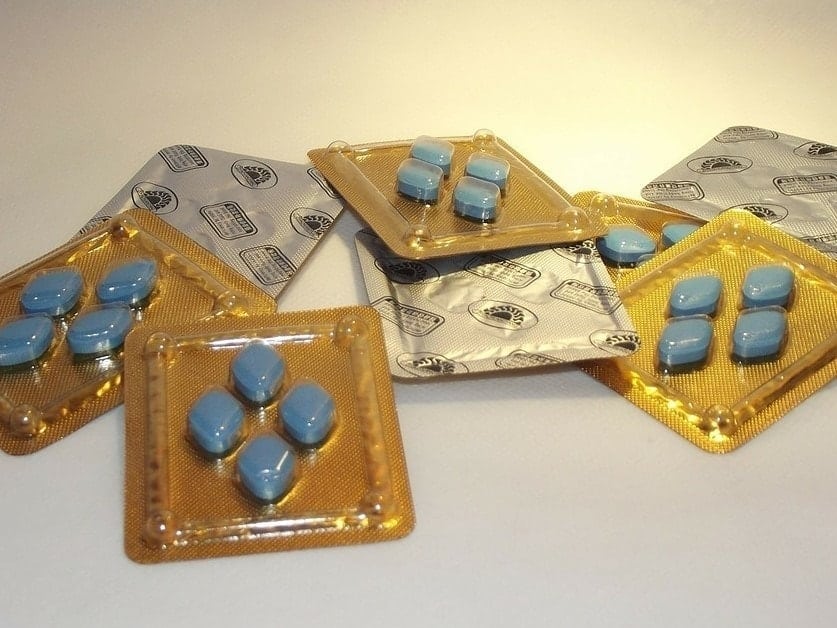Do you really need Viagra?
25/03/2022 - Natasha is Wide Eyed

It may surprise you to learn that the drug sildenafil citrate, known widely as Viagra, was originally invented to treat high blood pressure and angina. It quickly became apparent that its bedroom boosting side effect was going to be a far more lucrative selling point. In its first few weeks after its launch back in 1998, over 40,000 prescriptions were filled in America alone. Thus, showing that erectile dysfunction is affecting huge numbers of men.
Today adverts for this drug to treat a once whispered about problem are commonplace on mainstream media. You have erectile dysfunction? Viagra is synonymous for its treatment. Many people will believe that if they can solve an issue with a pill then job done. But drugs address the symptom not the cause.
Less common knowledge is that erectile dysfunction may be a precursor of a bigger problem, namely heart disease
There are many causes of this issue. From a mental health perspective one cause might be anxiety and depression, but the majority of cases will be the physical impact of what you eat. The standard UK diet, which contains too many foods that turn to sugar in the blood stream is leading to an increasing problem in men at a younger age than ever before.
With a constant stream of carbohydrate heavy meals and snacks, the body needs to produce more and more insulin to balance your blood glucose level. When that no longer happens correctly you become insulin resistant. Insulin is a lead hormone which regulates many functions, one of which is the production of nitric oxide that allows the blood vessels to dilate and increase blood flow. So, Viagra is like a chemical version of nitric oxide. But if this is not naturally occurring then there is dysfunction on a much larger scale. Anything that is artificially replacing a basic function of the human body is signposting the need to look at the bigger picture.
The bottom line is that if the blood isn’t flowing to your penis, it is not supplying your heart efficiently or anywhere else in your body for that matter.
The complications of insulin resistance are not confined to the male anatomy. It is implicated in myriad health issues which can all be addressed by changing how and what you eat.
Finding out whether you have insulin resistance and reversing it should be everyone’s top health priority.
To make it easy I have created a free guide called “How to tell if you are insulin resistant and what to do about it”. To download it visit the home page and scroll to the bottom of natashaiswideeyed.com and treat yourself to a bigger slice of life.
All articles on this news site are submitted by registered contributors of EssexWire. Find out how to subscribe and submit your stories here »



